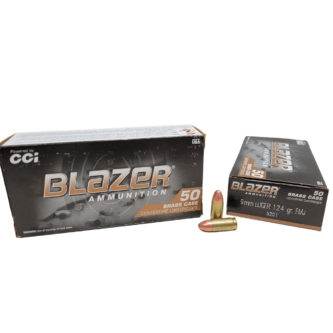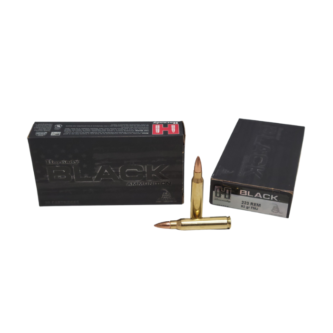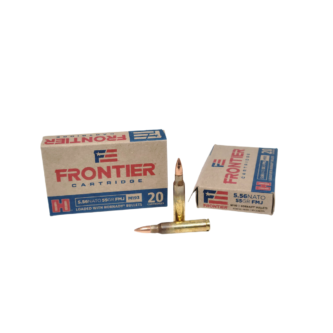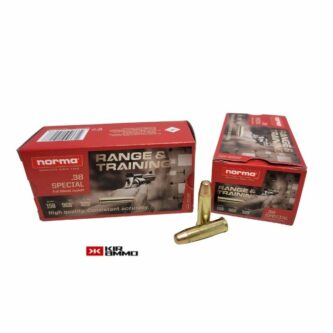Choosing the right bullet weight is a critical aspect of achieving optimal performance and accuracy when shooting. Bullet weight can significantly influence the trajectory, terminal ballistics, recoil, and overall effectiveness of a round. This article will provide a comprehensive guide on how to choose the proper bullet weight for various shooting applications, including hunting, target shooting, self-defense, and competition.
KIR Ammo wants you to know everything there is to know about bullet weight and why it is important. We’ve also put together the following comprehensive guide to how you should choose a bullet weight that suits your needs. Let us know if we’ve missed anything by contacting us. If you find this guide to be useful, feel free to share it on social media or with your friends. Always keep us in mind when you’re shopping for ammunition. Let’s get started!
- Understand the Purpose of Your Ammunition
Before selecting the appropriate bullet weight, it’s essential to identify the primary purpose for which you’ll be using the ammunition. Different shooting applications require different bullet weight considerations. For example, hunting medium-sized game at long range may necessitate a heavier bullet, while target shooting or varmint hunting may benefit from a lighter, flatter-shooting projectile.
- Game Size and Hunting Distances
For hunting applications, consider the size of the game you’ll be targeting and the typical shooting distances involved. Lighter bullets tend to offer flatter trajectories and faster velocities, making them suitable for smaller game and varmint hunting at longer ranges. Conversely, heavier bullets generally provide better penetration, energy retention, and expansion, making them more appropriate for medium to large-sized game at moderate to long-range distances.
- Barrel Twist Rate
Your firearm’s barrel twist rate plays a crucial role in stabilizing bullets of specific weights. The twist rate refers to the rifling’s rate of twist in the barrel, which is responsible for stabilizing the bullet as it travels down the barrel and exits the muzzle. A faster twist rate (e.g., 1:7) is better suited for stabilizing heavier bullets, while a slower twist rate (e.g., 1:12) is better suited for lighter bullets. Consult your firearm manufacturer’s recommendations and ensure the bullet weight is compatible with your barrel’s twist rate for optimal accuracy and performance.
- Recoil Sensitivity
Consider your sensitivity to recoil when selecting the appropriate bullet weight. Heavier bullets tend to produce more recoil, while lighter bullets generally produce less recoil. If you are sensitive to recoil or plan on shooting for extended periods, consider using lighter bullets to minimize fatigue and maintain better control over your firearm.
- Ballistic Performance
Evaluate the ballistic performance of various bullet weights, including factors such as trajectory, wind drift, and energy retention at different ranges. Heavier bullets often have higher ballistic coefficients, which can lead to better long-range performance and less susceptibility to wind drift. Consider the shooting conditions and distances you’ll most likely encounter and select a bullet weight that provides optimal performance under those circumstances.
- Reloading Preferences
If you handload your ammunition, your bullet weight preferences may be influenced by your experience and load development. Experimenting with various bullet weights and powders can help you fine-tune your preferred load for optimal performance. Reloading also offers the opportunity to create custom loads tailored to your specific firearm and shooting application, further enhancing the importance of selecting the right bullet weight.
- Manufacturer Recommendations
Consult your firearm manufacturer’s recommendations for bullet weight, as certain firearms may be specifically designed to perform optimally with particular bullet weights. Adhering to these recommendations can help ensure the best possible performance from your firearm.
Conclusion
Choosing the proper bullet weight is essential for maximizing the performance and accuracy of your firearm. By considering factors such as the shooting application, game size, barrel twist rate, recoil sensitivity, ballistic performance, and reloading preferences, you can make an informed decision on the best bullet weight for your needs. Ultimately, testing various bullet weights at the range is the most effective way to determine which one provides the best accuracy, performance, and feel for your specific shooting application.



